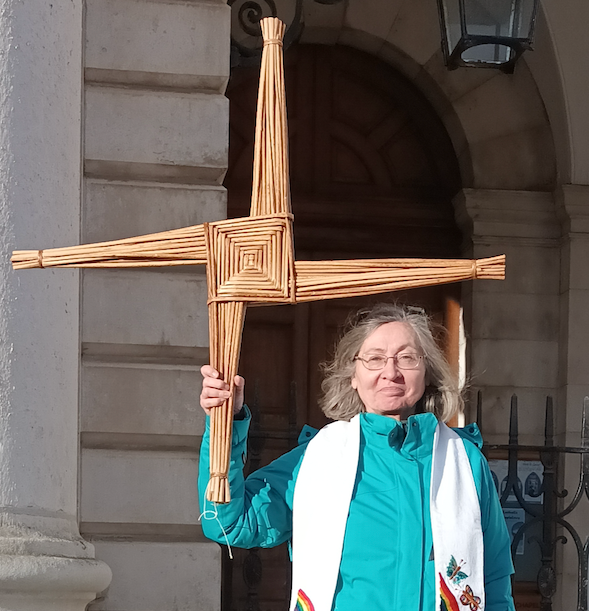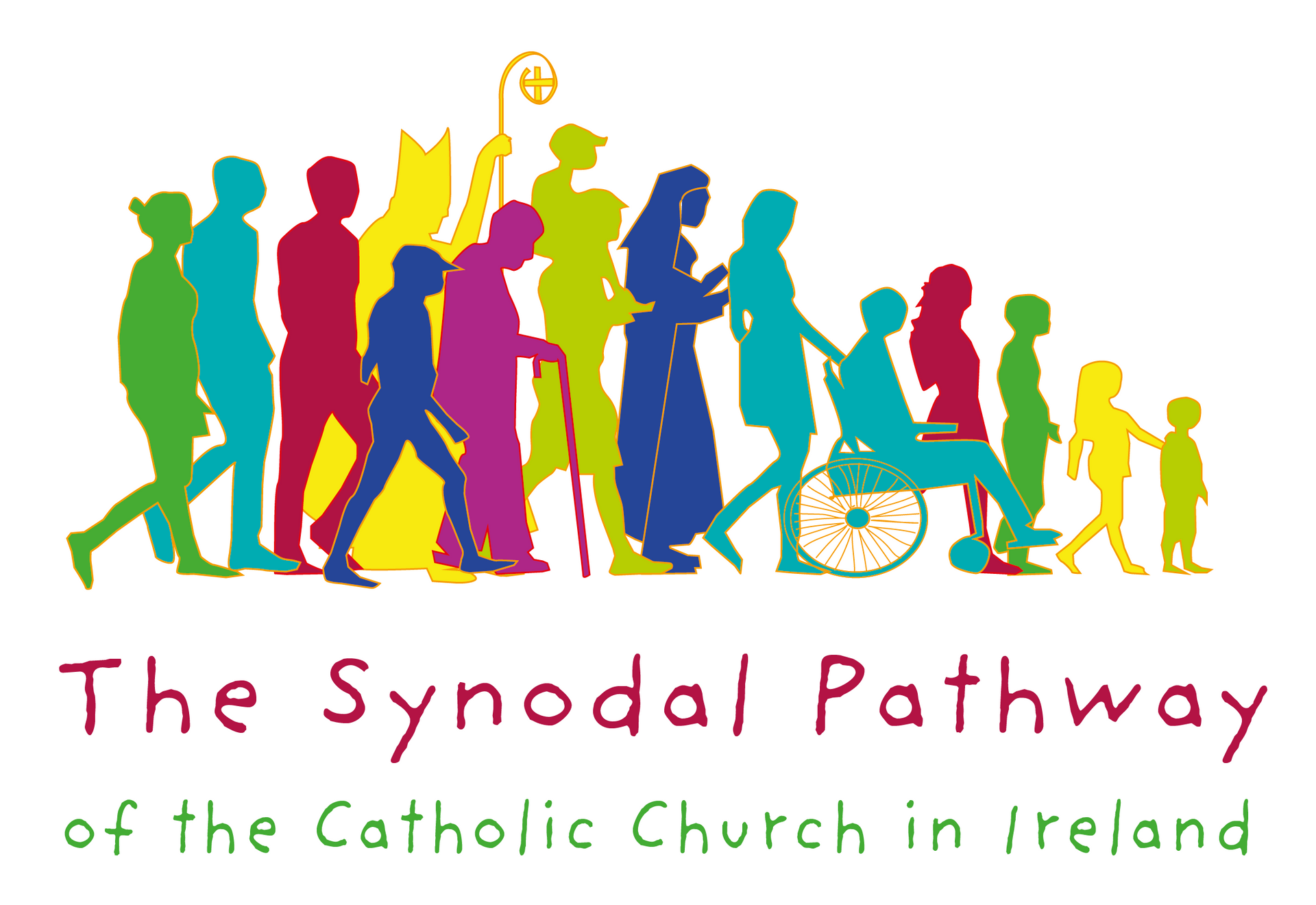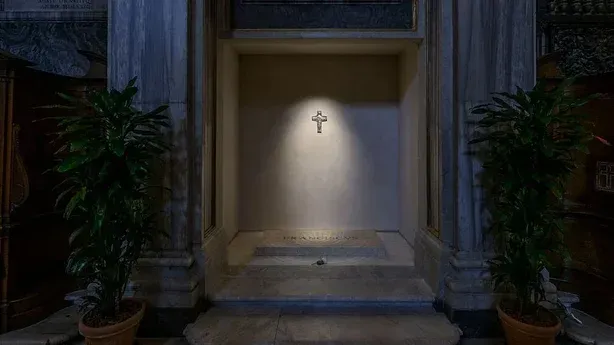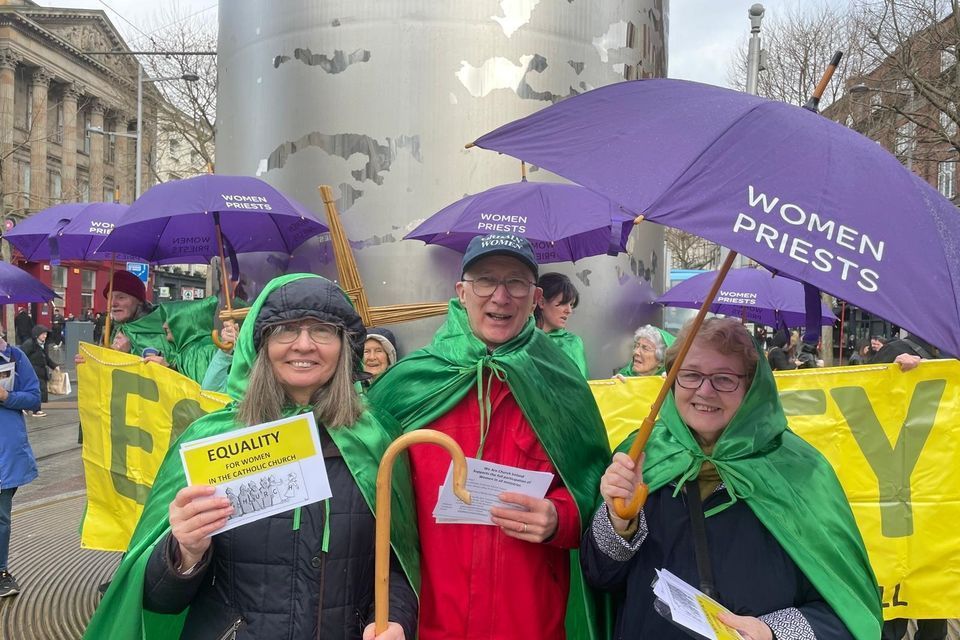WAC Second Synodal Listening Session 20. April 2022
These main points have been forwarded to each of the Irish bishops, the Nucio and the Synod Office
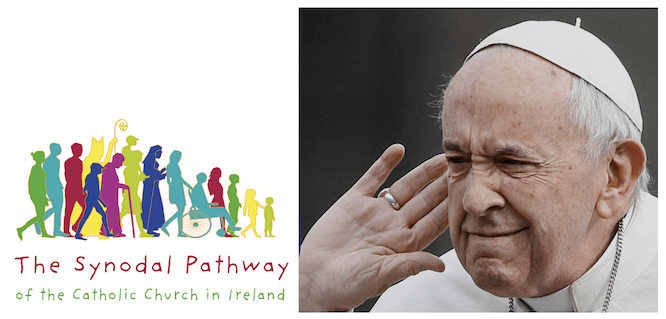
WAC Second Synod ZOOM Listening Session 20. April 2022
We Are Church Ireland organised this ZOOM Listening session as a contribution to the Global Synodal process which consisted of two rounds:
1. “My experience of church”
2. “What changes are important for our church?”
Listed below are the main points from each of the 3 Break-out rooms
ROOM 1
1. Church needs to go back to go forward – learn from the mystics.
2. Restore the feminine on an equal basis; the feminine that is within all of us has been silenced.
3. Our church must be open and transparent.
4. We are all church: we have to be more assertive in forums, emails, writing letters.
5. Younger people are living in a more democratic way.
6. For the Irish Assembly the lay members should be chosen to represent all the people including those who have left. One suggestion was that the lay members should be chosen using a system similar to the Citizens Assembly.
ROOM 2
· More of an emphasis on ‘People’ of God rather than ‘church’
· Call to live out ‘Gospel Values of love of God and Neighbour’
· A more inclusive church
· Role for women in ministry and decision-making
· Optional celibacy – married priesthood – allow those who left to get married to return to minister.
· Emphasis on being more Ecumenical – this dimension lacking
· Outreach – care of Planet and Creation
· Faith-formation to live our faith in the world since God speaks to us in the circumstances of our lives.
· Inclusion of LGBT community – abolish the language of ‘intrinsic evil’ when speaking of people who are gay.
· Inclusive language in the Liturgy
· Lay-led liturgies – don’t have to have Mass always
· ‘Do this in Memory of Me’ not exclusive ‘call’ to males only – women are called to ministry and this needs to be honoured and acknowledged
· Look out for young people who have left the practice of their faith and engage with them.
· ‘Laudato Si’ study groups to include young people who are concerned about the environment
· We are members of the church and therefore we must be the change that we wish to see going forward
ROOM 3
The general consensus was that the Church needs to evolve to remain relevant
· The sharing of governance from the grassroots up – those in positions of governance not to be chosen by the clergy – leads to “Yes” people making the decisions
· Inclusion of women and lay men at all levels
· Concerns at the exclusion of single women – a lot of focus on families
· More participation/involvement of the people of God in the Liturgy – e.g. dialogue during homilies/preaching of homily by lay persons (both women and men)
· We are all equal through Baptism – the current model of Church does not portray this
· Mass services outside of the Church buildings – the phrase “we are massed out” was used
· Small intimate Eucharistic gatherings, family sharing of the Eucharist…
· Focus on social justice issues – Laudato Si was mentioned here – particularly attractive to young people - young people will not participate unless we make it relevant to them
· Encourage activities like Lectio Divina - outside of Church settings
· Change in media focus – one person in the group felt the media focused only on negative Church issues – change the narrative
· The importance of Hospitality – Invite and include everyone - Christ is the Host/Not the Hierarchy
· LGBTQ+ groups need to be welcomed and doctrine changed to eliminate “the intrinsically evil” narrative which is exclusionary and damaging
· Ecumenism – focus on and nourish the similarities among Christian faiths rather than the differences – unity
· A simple and more inclusive Church – a Church that portrays and relates to the Gospel message - let go of the Institution
· Inclusive language in Liturgical texts – appropriate for women and men
· Use of current/relevant terminology for presiders – e.g. Presbyter (New Testament) instead of Priest (Old Testament)
· “Do this in memory” is an inclusive statement of both women and men
· The image of the Eucharist as food for the journey – all Christians regardless of denomination are on this journey together
Attending this ZOOM Listening Session were:
Julia Collins
Mary Pauline Connolly
Paddy Cully
Eleanor Dorgan
Mairead Flanagan
Geraldine Hallahan
Patricia Hallahan
Colm Holmes
Kevin Liston
Theresa McDonnell Friström
Mary Morrissey
Kay Mulhall
Patricia Mulhall
Móna Nic Lochlainn
Josie O’Reilly
Maeve Walsh
